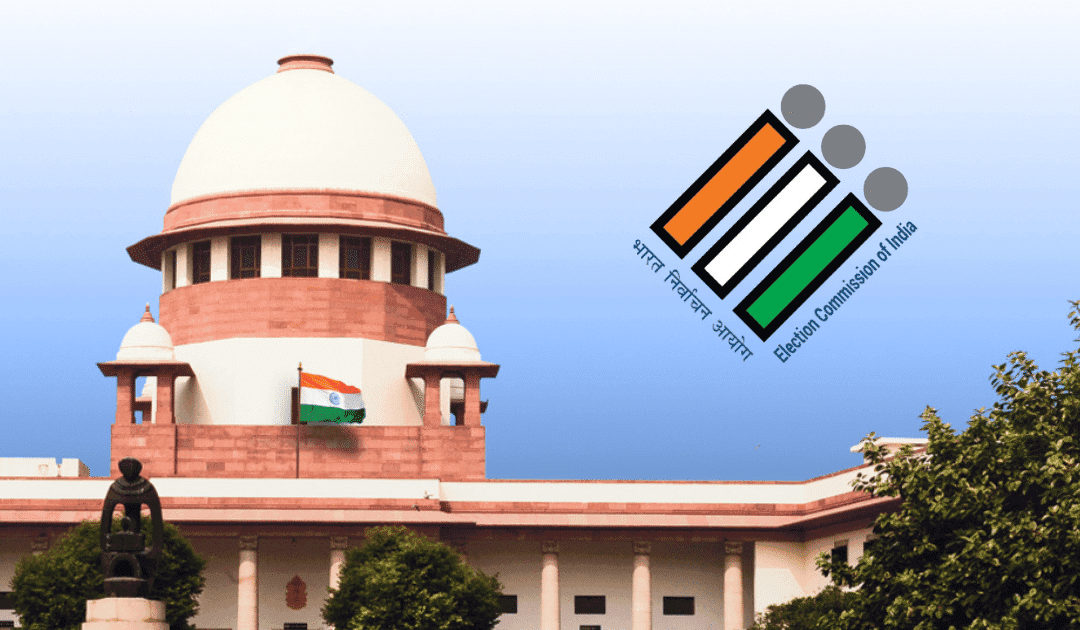The Supreme Court is set to examine the Election Commission’s rule regarding the allotment of symbols of political parties and candidates on a “First Come, First serve basis.” The move comes in response to a petition filed by a political party challenging the current practice, which they are given is unfair and arbitrary.
The ‘First Come First serve’ basis is a fundamental principle followed by the Election Commission for the allotment of symbols. While it is designed to ensure fairness, it is not without its challenges and controversies. The current practice of allotting symbols based on the time of application has been in place for decades. However, critics argue that this system can be manipulated.
The petition before the Supreme Court raises important questions about the fairness and transparency of the electoral process. It calls for a review of the current rule and proposes alternative methods for symbol allocation such as a lottery system or a more merit-based approach. The Supreme Court’s decision, in this case, will have far-reaching implications for the Indian electoral system. It will not only impact how symbols are allocated in future elections but also set a precedent for how the Election Commission handles similar issues in the future.
As the Supreme Court prepares to deliberate on the Election Commission’s rule on the allotment of symbols, it stands at the intersection of law, politics, and democracy. Its decision will not only shape the conduct of future elections but also reaffirm India’s commitment to upholding the principles of fairness, equality, and pluralism in its democratic processes. In this pursuit, the Court’s wisdom and foresight will serve as a guiding light, illuminating the path towards a more robust and inclusive electoral framework for the nation.

